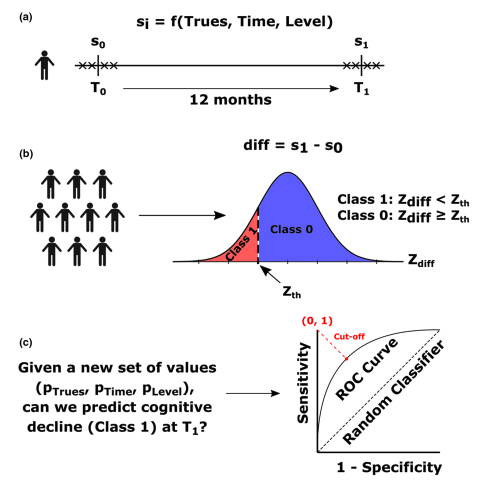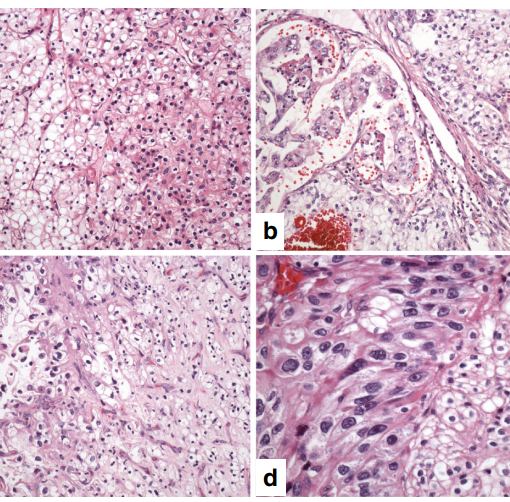Ildefonso M. de la Fuente, Jesus M. Cortes, David A. Pelta, Juan Veguillas. Attractor Metabolic Networks. PLoS One 8: e58284, 2013 [pdf]
Background
The experimental observations and numerical studies with dissipative metabolic networks have shown that cellular enzymatic activity self-organizes spontaneously leading to the emergence of a Systemic Metabolic Structure in the cell, characterized by a set of different enzymatic reactions always locked into active states (metabolic core) while the rest of the catalytic processes are only intermittently active. This global metabolic structure was verified for Escherichia coli, Helicobacter pylori and Saccharomyces cerevisiae, and it seems to be a common key feature to all cellular organisms. In concordance with these observations, the cell can be considered a complex metabolic network which mainly integrates a large ensemble of self-organized multienzymatic complexes interconnected by substrate fluxes and regulatory signals, where multiple autonomous oscillatory and quasi- stationary catalytic patterns simultaneously emerge. The network adjusts the internal metabolic activities to the external change by means of flux plasticity and structural plasticity.
Methodology/Principal Findings
In order to research the systemic mechanisms involved in the regulation of the cellular enzymatic activity we have studied different catalytic activities of a dissipative metabolic network under different external stimuli. The emergent biochemical data have been analysed using statistical mechanic tools, studying some macroscopic properties such as the global information and the energy of the system. We have also obtained an equivalent Hopfield network using a Boltzmann machine. Our main result shows that the dissipative metabolic network can behave as an attractor metabolic network.
Conclusions/Significance
We have found that the systemic enzymatic activities are governed by attractors with capacity to store functional metabolic patterns which can be correctly recovered from specific input stimuli. The network attractors regulate the catalytic patterns, modify the efficiency in the connection between the multienzymatic complexes, and stably retain these modifications. Here for the first time, we have introduced the general concept of attractor metabolic network, in which this dynamic behavior is observed.





